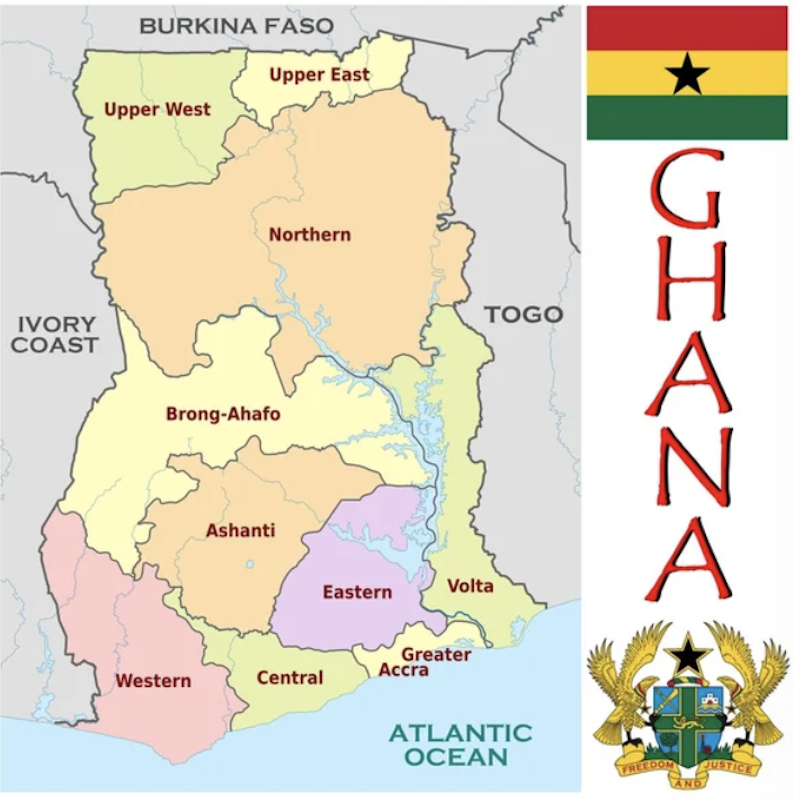
Ghana family values and human sexual rights bill: Lessons for social work and development
The Ghana Parliament passed a bill early this year to promote sexual activities that align with African culture and values. It is called Bill to provide for human sexual rights and family values. Whether the Bill ends up being signed by President Nana Addo Dankwa Akufo-Addo or not, it reflects the thinking of people of Ghana and Africa, and this must be respected.
A major challenge for the Ghanaian society was the opening of a centre disguised as supporting ‘sexual rights’ in Accra, that was supported by the European Union and western embassies and entities but denounced by Ghana cultural leaders, Chiefs, religious leaders and non-government organisations. In fact, the centre promotes western views on sexuality and family. It is because of these, and other value manipulations that the bill has been proposed.
Contents of the bill
- The bill will:
- Promote sexuality and sexual rights in line with Ghana culture and values.
- Protect people accused of being gays and lesbians.
- Restrict improper activism, propaganda and advocacy on improper sexuality – online or on the ground.
- Support children who become victims of sexuality activists.
- Protect Ghana culture and family values.
- Prohibit adoption and fostering by gays and lesbians.
- Prohibition and disbandment of groups, associations, societies, organisations, trusts and clubs.
- Prohibit same sex intercourse.
- Prohibit sex change.
- Void same sex marriages.
- Prohibit sexual indecency.
- Prohibit funding meant to go against the values espoused in the bill.
Those who have defended African values
Former President Mills said “I as president of this nation, I will never initiate or support any attempts to legalise homosexuality in Ghana. Britain made these statements that reflect [its] societal norms and ideals but [it] does not have the right to direct other sovereign nations as to what they should do, especially where their societal norms and ideals are different from those which exist in Prime Minister Cameron’s society.” President Mills was responding to British President Cameroon who had threatened to cut aid to force Ghana to promote sexualities that do not align with African values.
President Akufo-Addo said ‘“At the moment, I don’t feel and I don’t see that in Ghana there is that strong current of opinion that is saying that this is something that we need even deal with. It is not so far a matter which is on the agenda.”
Chiefs said in 2021 “…. the house wants to state without equivocation that 1 Page 2 throughout history, nowhere does a Ghanaian culture subscribe to [this action] which is a taboo, inhuman and alien to our Ghanaian society.”
Shortcomings
The bill uses the advocacy concepts of the western ‘sexual rights’ movement, in the process they are strengthening western advocacy. Ghana should use concepts from its languages to name key concepts in the bill.
Another shortcoming of the bill is not adequately addressing the external funding for local advocacy. Funders of ‘sexuality rights’ target weaker nations and poor people, which is very problematic, unethical, colonial and unjust.
Within the category of people who have been classified in this ‘sexual rights’ advocacy movement, there are people with genuine social problems, for example, those born with both sex organs. The challenge at the moment is that they are bundled together under ‘sexual rights’ which leads to their own advocacy being mislabelled and misunderstood. In this case, the western advocacy movement is disadvantaging them.
Full bill text and support https://cdn.modernghana.com/files/722202192224-0h830n4ayt-lgbt-bill.pdf
A colonial history
When Britain ruled over 54 countries through colonisation, it put in each country a law to prohibit improper sexual conduct in the 1860s. This aligned with the cultures, values and norms of these countries, although they did not have written laws. The written law was not even needed in the first place. Now, Britain wants those written laws changed, and is using aid and coercion to force a change.
What does Ubuntu teach us?
That values are created together, they are subject to confirmation by others and that when a value is being contested we revert to the community voice – sankofa. In short, values are values because of community. In terms of sexualities, it is community, not the individual, that determines what is valued or not. Values can’t be imposed or forced upon the community, but can be imposed and forced upon the individual. This is different from the dominant value in western societies that say individual rights override family and community rights and that values can be imposed on others – colonisation.
Lessons for social work and development
As long as social work and development professions in Africa ignore their people’s values, these professions will remain weak perpetually in African communities. At the moment, communities don’t understand what social workers do, and doubt if social workers are needed in their communities at all. The major reason the usefulness of social work is doubted is the profession’s failure to have an African identity, failure to be guided by the values and ethics of Africa and failure to shackle off professional imperialism, even in advocacy and policy work. The starting point to change this is at the training level, training institutions should decolonise their curricula (train to solve local social and developmental challenges guided by local values, interpretations, policies and literature) and provide retraining for practitioners, academics and researchers.
Use the form below to subscibe to Owia Bulletin.
Discover more from Africa Social Work & Development Network | Mtandao waKazi zaJamii naMaendeleo waAfrika
Subscribe to get the latest posts sent to your email.



